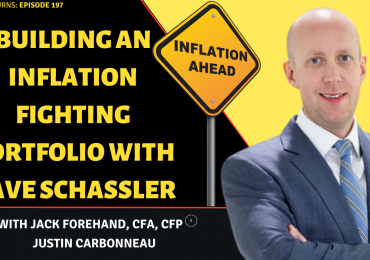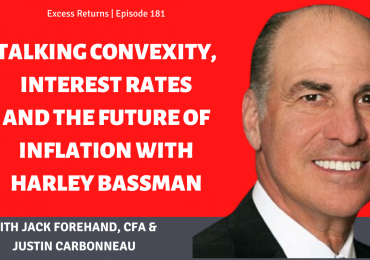While it’s impossible to say what the market will do in the short term, individuals who have the resources to invest in stocks and bonds during the current market turmoil will be able to weather the storm with some advance planning, contends an article in The New York Times.
Longer-term investors would do well to ignore the news, as even skillful financial analysis isn’t offering any real guidance in the current environment. In a recent newsletter, Paul Krugman wrote that while some of the incoming data indicates a slowdown, other data shows a strong economy. And there’s little transparency in the stock, bond, and commodity markets, with the former two getting hit hard this year, while the latter has jumped in value.
Meanwhile, the Fed is struggling to both fill the labor market and stabilize prices—two goals that are currently at odds with each other. High inflation will undoubtedly lead to more rate hikes, and while unemployment is at a low 3.6% as of June, that’s not the “maximum employment” target the Fed is aiming for. Continued concerns over Covid and a lack of affordable childcare for working families stand in the way of that target. While it’s possible that inflation will level off, and the Fed will wind up cutting rates, it’s also just as possible that the Fed won’t temper inflation, causing a recession as a result. There are signs that inflation has already peaked, as gas prices fall and supply chain bottlenecks loosen up, the article points out. But inflation is such hot-button topic that the central bank needs to be seen as proactive on —even if that means risking a recession.
While a bear market is definitely in swing, the S&P 500 has forecasted 7 out of the last 16 recessions, and though it’s currently showing “sluggish growth” it’s not portending a recession. Likewise, the article points to two other indexes that track current and lagging indicators, and those are both displaying strong growth. Those conflicting messages are leaving many in the dark, but the article offers advice during these uncertain times. Pay bills on time and make sure you have cash on hand in case of an emergency. Even better, keep the cash in something that offers a small return, such as high-yield bank accounts, money market fonds, Treasury bills, and I bonds.
For younger investors just starting out, take the long view and don’t try to beat the market in the short term. Invest in index funds that are diversified, low-cost, and track the whole stock market. As you get older, you can add in diversified bond index funds. For investors who are closer to retirement, in the event of a deep recession, you may need to reduce your stock allocation if you’re planning to tap into that money soon. High-quality bonds are usually a safer bet than stocks, so look for a reasonable balance of diversified stock and bond funds that will help you ride out any rough roads ahead.








